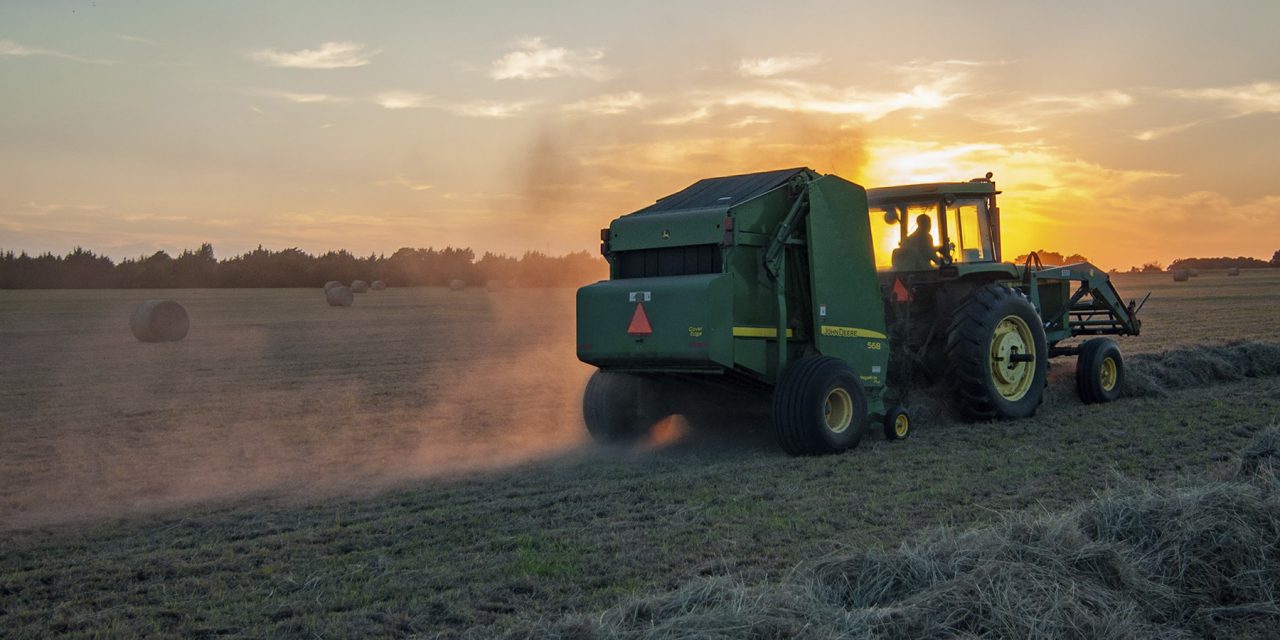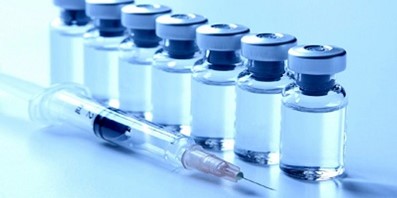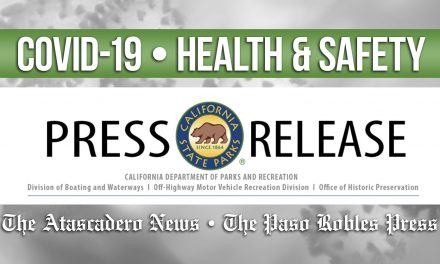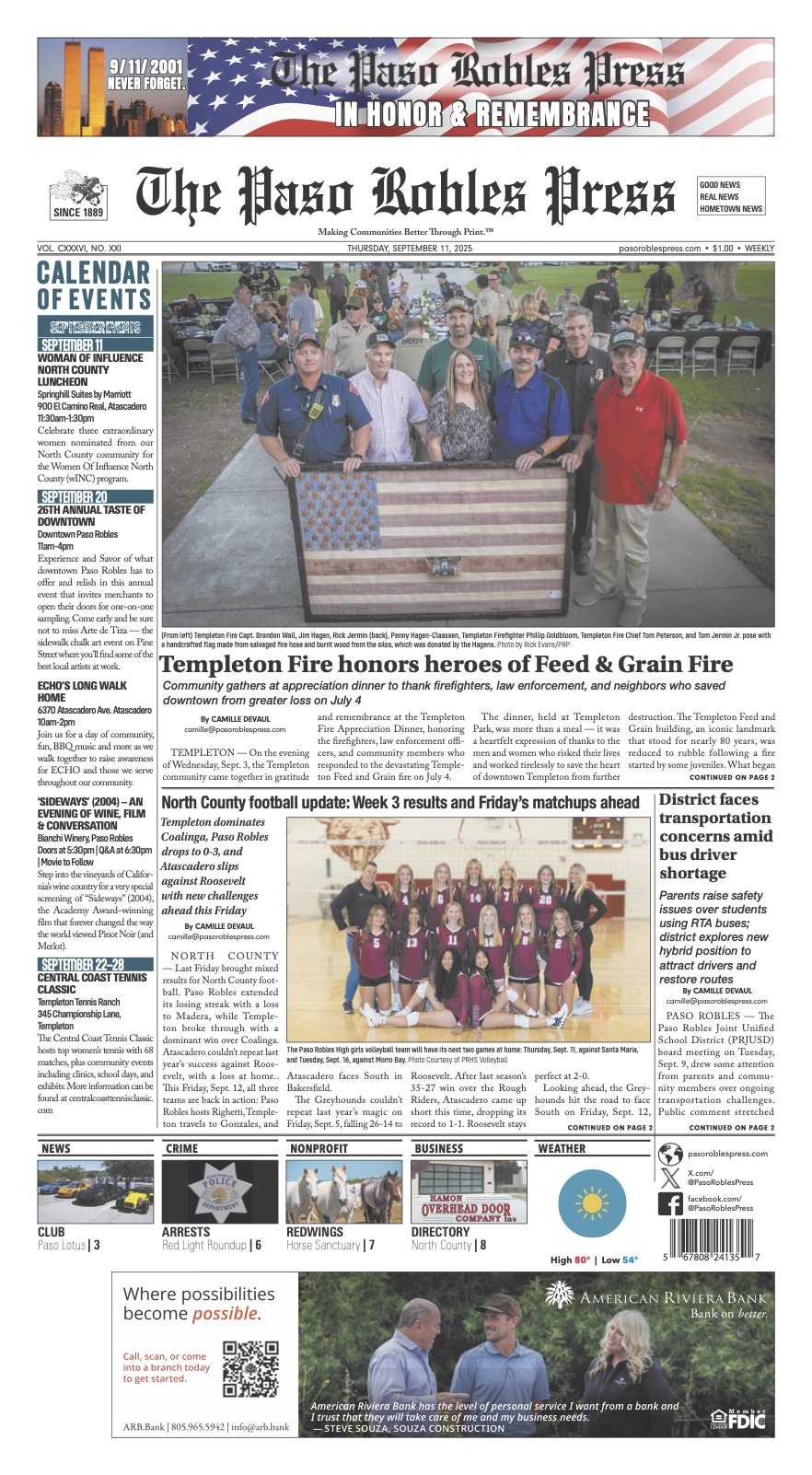Senator Dianne Feinstein (D-Calif.) today released the following statement on economic relief provisions for farmers in the $470 billion coronavirus response legislation that was signed into law last week:
“The latest coronavirus response legislation expanded the Paycheck Protection Program and the Economic Injury Disaster Loan program to include farmers for the first time.
“Farmers can now apply for the Paycheck Protection Program to help maintain payroll through forgivable loans. Interested farmers should contact their lender immediately to start an application.
“The relief bill also made them eligible for the $60 billion provided for Economic Injury Disaster Loans. Farmers hurt by the current economic crisis should contact the Small Business Administration to apply for these low-interest loans.
“California farmers feed our country and it’s critical that they’re able to stay in business during this health pandemic. I encourage any farmer struggling due to the crisis to take advantage of these two programs now available to them.”
Paycheck Protection Program
(Source: Department of Agriculture)
The Paycheck Protection Program (PPP) is a guaranteed loan program administered by the Small Business Administration (SBA). The purpose of the program is to support small businesses and help support their payroll during the coronavirus situation.
Q: Are agricultural producers, farmers, and ranchers eligible for the Small Business Administration’s Paycheck Protection Program?
A: Agricultural producers, farmers, and ranchers with 500 or fewer employees whose principal place of residence is in the United States are eligible.
Farms are eligible if: (i) the farm has 500 or less employees, OR (ii) it fits within the revenue-based sized standard, which is on average annual receipts of $1M.
Additionally, farms can qualify for PPP if it meets SBA’s “alternative size standard.” The “alternative size standard” is currently: (1) a maximum net worth of the business not more than $15 million, AND (2) the average net income Federal income taxes of the business for the two full fiscal years before the date of the application be not more than $5 million.
Q: Are agricultural and other forms of cooperatives eligible for PPP?
A: As long as other eligibility requirements are met, small agricultural cooperatives may receive PPP loans. Other forms of cooperatives may be eligible provided they comply with all other Loan Program Requirements (as defined in 13 CFR 120.10).
Q: Do H-2A or H-2B workers on my payroll count towards my eligibility and total possible loan amount?
A: Only employees with a principal place of residence in the U.S. count toward eligibility and calculation of the PPP loan amount.
Q: How do sole proprietor farmers provide accurate documentation regarding payroll, when they may not take a traditional salary?
A: SBA requires sole proprietors, independent contractors, and other eligible self-employed individuals to provide documentation to its lender that the business was in operation as of February 15, 2020. This documentation may include payroll processor records, payroll tax filings, or Form 1099-MISC, or income and expenses from a sole proprietorship. For borrowers that do not have any such documentation, the borrower must provide other supporting documentation to its lender, such as bank records, sufficient to demonstrate the qualifying payroll amount.
Documentation options for payroll tax filings include the following:
IRS Form 941 (quarterly wages); IRS Form 944 (calendar year wages); State income, payroll and unemployment insurance filings; QuickBooks; bank repository accounts; and/or internally generated profit and loss statements. However:
- Nonprofit organizations must include IRS Form 990;
- Sole proprietors must include IRS Form 1040 Schedule C;
- Any entity that filed IRS Form 1099-MISC must include this form;
- Seasonal employers must document the period beginning February 15, 2019 through June 30, 2019
More extensive FAQs can be found at the Treasury Department’s CARES Act website.
For additional information on the Paycheck Protection Program, please visit the program’s website.
Economic Injury Disaster Loans
(Source: Small Business Administration)
In response to the coronavirus pandemic, small business owners in all U.S. states, Washington D.C., and territories are eligible to apply for an Economic Injury Disaster Loan advance of up to $10,000. The SBA’s Economic Injury Disaster Loan program provides small businesses with working capital loans of up to $2 million that can provide vital economic support to small businesses to help overcome the temporary loss of revenue they are experiencing.
The loan advance will provide economic relief to businesses that are currently experiencing a temporary loss of revenue. This loan advance will not have to be repaid.
To apply for a COVID-19 Economic Injury Disaster Loan and loan advance, click here.













